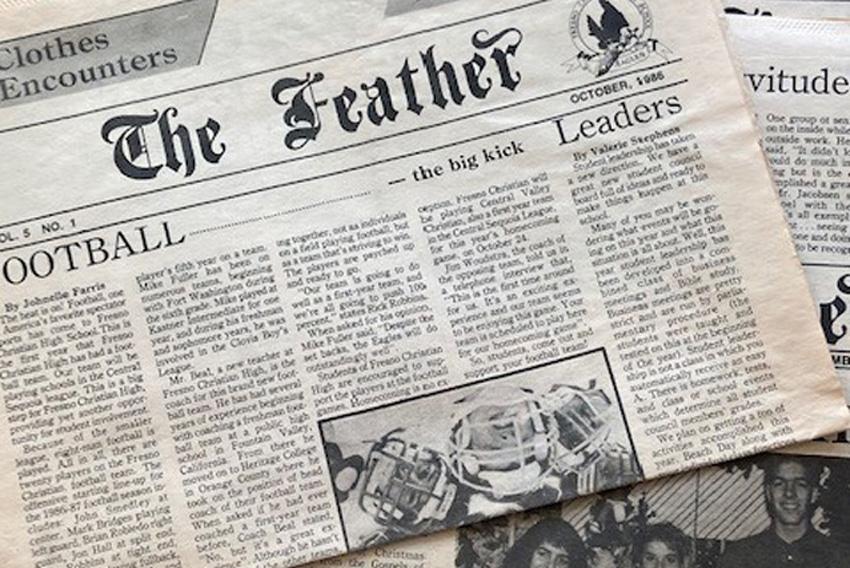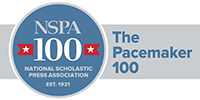Campus alumna, April Ghan, ’92, encourages fact-checking news sources
There are always ways to find news from various sources regardless of personal opinion. But sometimes a reporter’s opinion in an investigation can change the perspective on the stories, resulting in a spread of biased and even newly coined fake news. Although subtle, biased news impacts all those exposed.

FCS alumna and ABC30 producer, April Ghan, ’92, shares her views on the difficulty in discerning truth. Ghan realizes how even though information is available all around us the struggle is still present.
“You see it right now just watching all the national news,” Ghan said, “It is so intense. It seems like you hang on every word and it means something to one person and something different to another person. You just have to realize that words matter.”
While recognizing the current problem, Ghan also feels the public perceives news sources in a false light. She explains how our culture can create an illusion about how the media is against the people.
“I wish people could see that we are not just the media but we are people too,” Ghan said. “People see it as us against them. I know that I got into this business because I seek the truth and I want to bring the truth to my community.”
Gathering news from a variety of sources, Superintendent Jeremy Brown sees media bias originating from something deeper than news.
“It’s because bias is what people want; media can sometimes affect culture,” Brown said. “But media for the most part reflects culture. Culture is so fragmented now and there is so much that separates us. News is a business, so at the end of the day they have to sell their product. So they try to amplify and put out a message that resonates with people.”

Brown continued on to explain how he thinks that media is not to blame for bias.
“So, I don’t blame the media because society makes things personal and chooses to be so polarized,” Brown said. “If people were united the media couldn’t divide them. But once people are divided media and politicians and others can divide us even more.”
Recently many people have started to get their news from social media and other mobile sources, where news is not necessarily the truth.
An article from Poynter Institute, using information from Gallup and The Knight Foundation, highlighted that a group of adults rated 65% of information on social media as inaccurate. The study also revealed that education levels can impact the public’s trustworthiness in news.
“Education level has a significant impact on views of the news,” Taylor Blatchford of Poynter Institute said. “Adults with higher levels of education are less likely to perceive news as misinformation. This applies to high school graduates, college graduates and those with postgraduate degrees. Adults with lower levels of education are also more likely to think news is inaccurate or biased.”
The following podcast of Jeremy Brown furthers his views on media bias.
Brown also feels the solution to the biased media problem is to find the significance in our similarities.
“There are a lot of things we could agree on and then we could start getting into what we disagree on and it puts the agreements into perspective,” Brown said. “But when we start with what we disagree on I never get to know you because I focus on what separates us instead of what unites us. I believe the next generations are world changers so when they unite the media will start to reflect that and the bias will fade away. So we don’t have a biased media problem, we have a divisive people problem.”
Ghan also encourages news consumers to fact check news sources themselves.
“I think that you really have to do your research,” Ghan said. “It’s more than just listening to a political figure, you have to search and do your due diligence. It can be hard to spot but a lot of schools are now are doing classes on how to spot fake news. And there is so much fake news out there, so you have to check your sources. In journalism, we aim for at least three sources, which is a good way to verify information.”

Recognizing the problem when confronting bias, Brown sees people taking disagreements to heart. For an example, Brown used political ads, noting how most politicians comment on their opposition’s values instead of their own.
“What is sad, is that instead of the problems being about bias, a fact or an issue, it becomes about people,” Brown said. “The disagreement now, is a personal disagreement and it is not about the actual topic so much anymore.”
In a study done by Pew Research Center only 42% of of the U.S. believes the news reports on political issues fairly and 56% believe that all news is reported fairly. Although this may be the case, 78% believe that it is unacceptable to favor one political party over another.
The following tweet contains an article from the Washington Examiner which goes more into depth about the Pew Research study.
Pew Research Center study: US media bias ranks worst in the world https://t.co/2GJ1RsmjAU pic.twitter.com/SmTywTS0uB
— Washington Examiner (@dcexaminer) January 11, 2018
By understanding the intensity of politics, Ghan sees how news can be perceived as bias, although she feels divisiveness and bias are sometimes confused.
“Politics get very intense because everybody has feelings about that,” Ghan said. “So politics is where you would see the most divisiveness, but I wouldn’t necessarily say it’s bias, but that is where the attention is focused. The news organizations don’t have an intention to have a bias. Like I said, we are all seeking truth and now we have more access to information from various sources for whichever political agenda suits your fancy.”
So whether election flyers are hung on your door, news, internet or newspaper articles are posted or a Twitter feed shares its opinion, be sure to cross-check the claims against legitimate and verified sources to confirm accuracy of the claims.
For more articles read: Sister to Sister Develops Relationships, Builds Life Skills or Students Share Struggles with Depression.



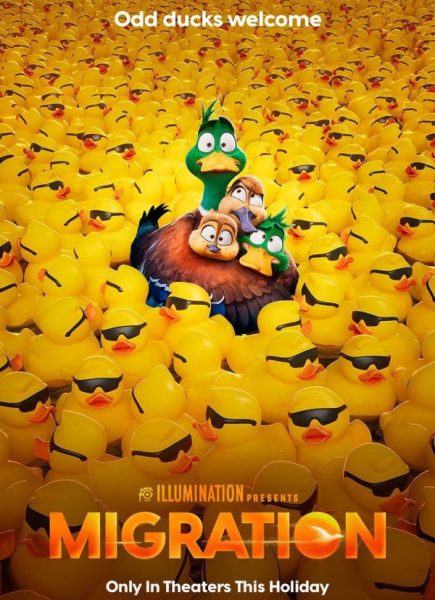
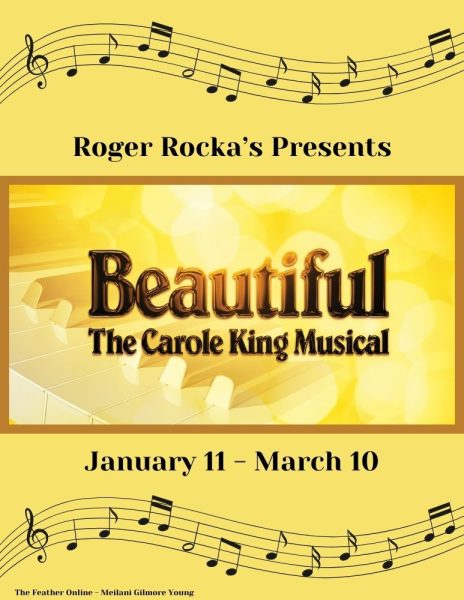
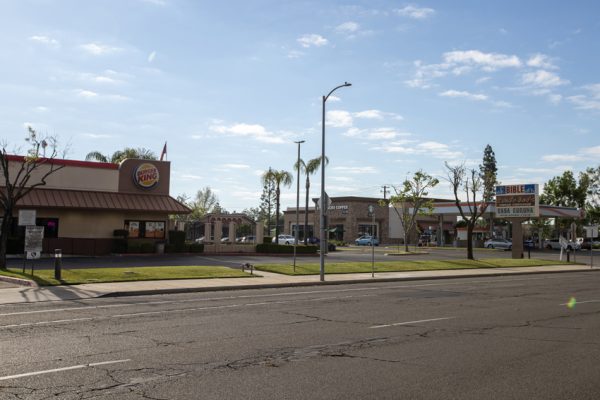

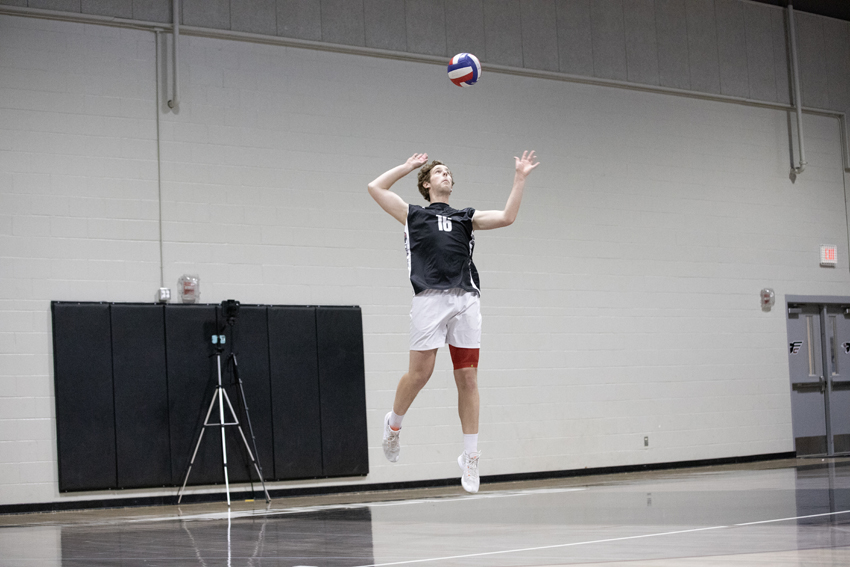
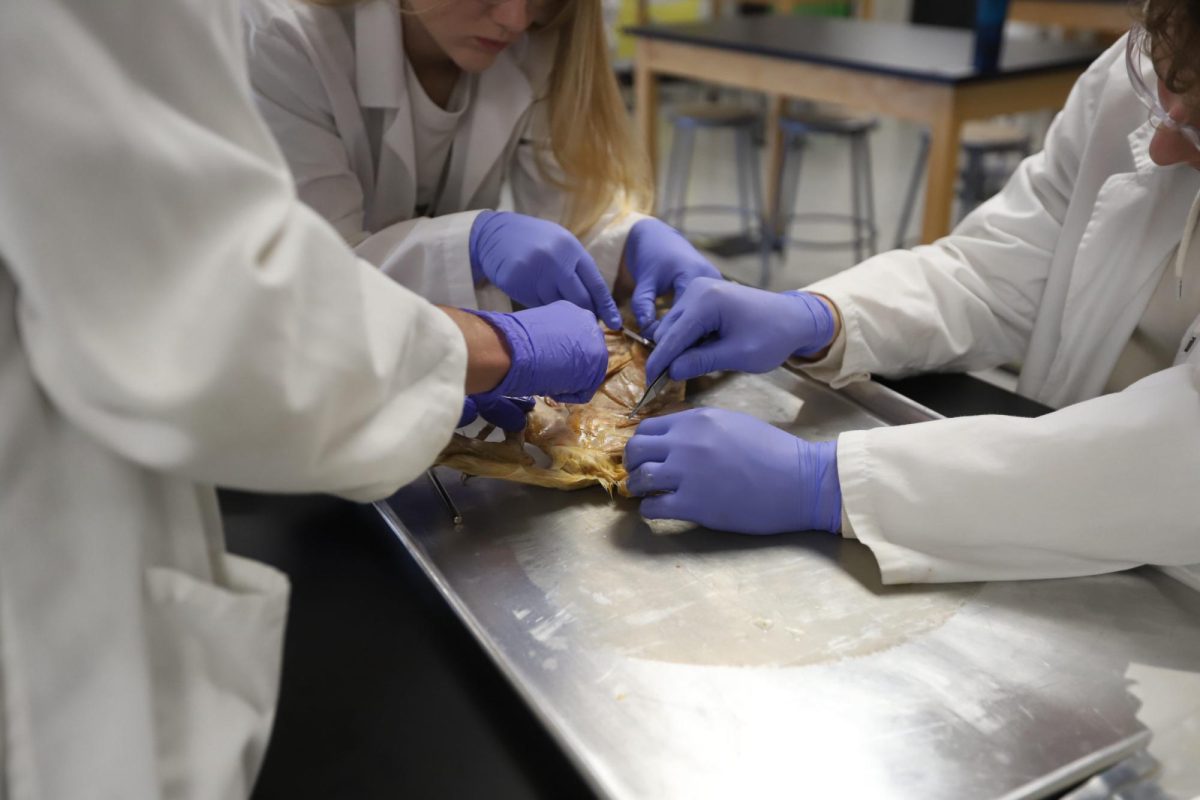
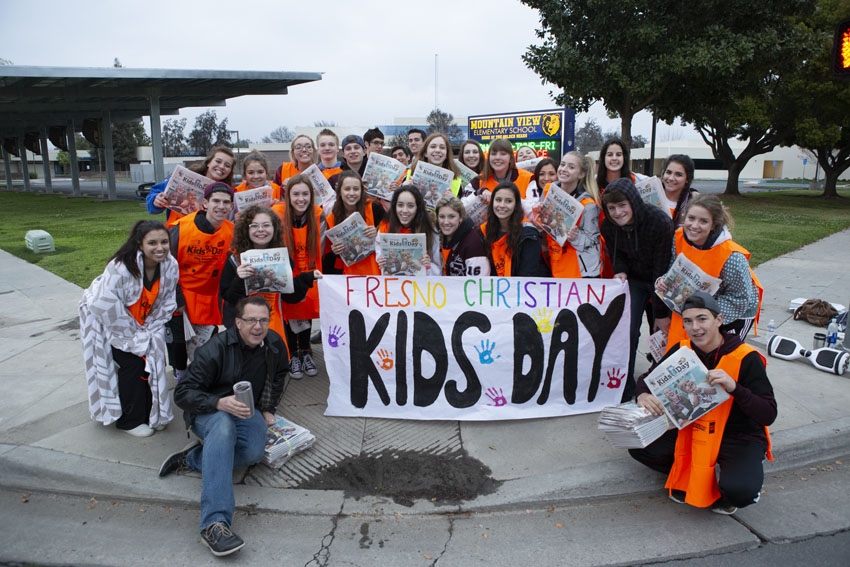
![[Video] 100th CSPA Spring Journalism Conference](https://thefeather.com/wp-content/uploads/2024/04/20240308-cspa-crown-002.jpg)
![[Video] New York Day 4](https://thefeather.com/wp-content/uploads/2024/04/NY-trip-day-4-JC-.jpg)


